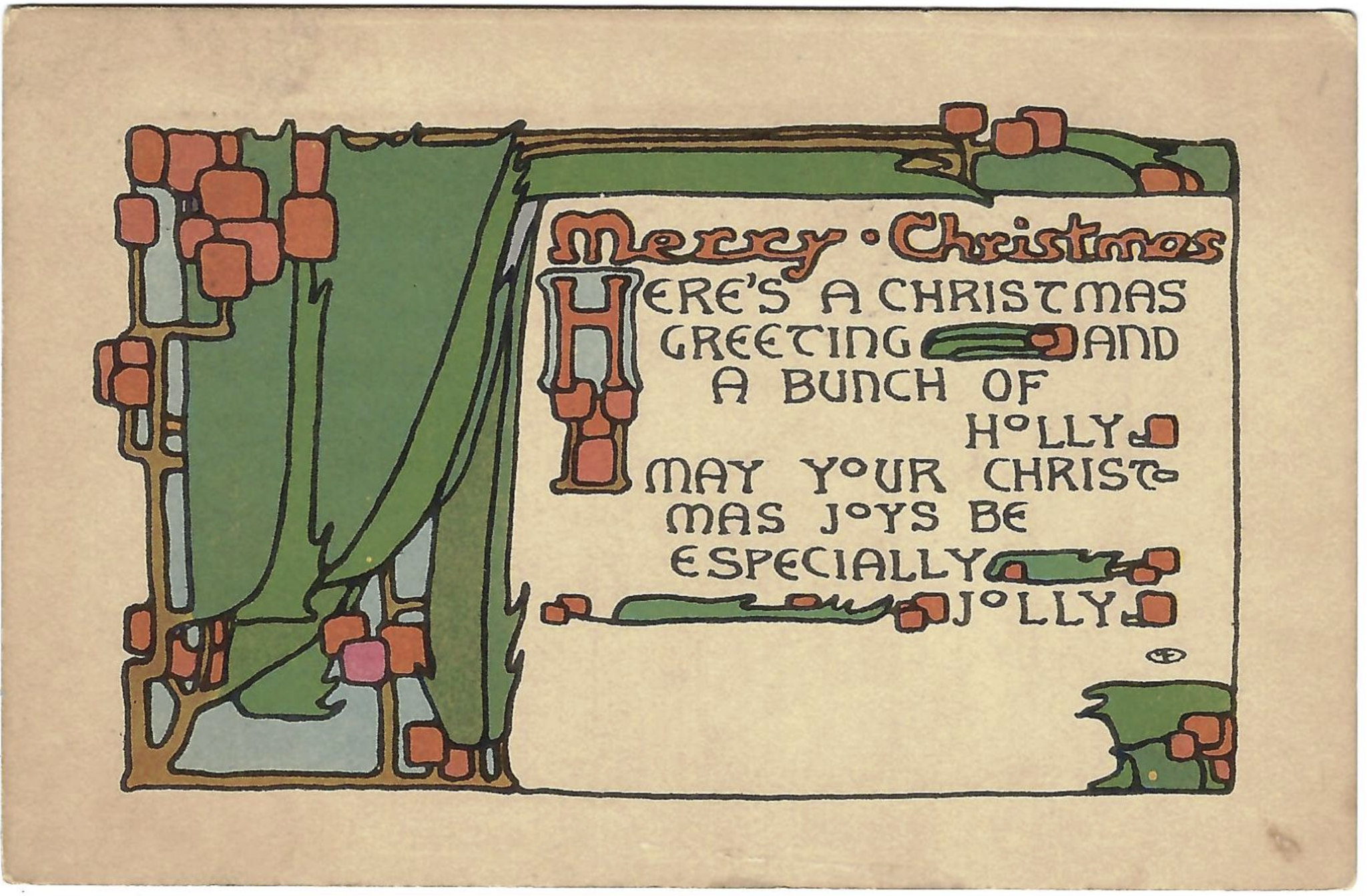Michael Bushnell
Northeast News
This week we make a departure from our normal preview of old Kansas City cards and take a look at a vintage Hollywood California postcard of the fabulous Earl Carroll Theater at Hollywood Boulevard and Argyle.
Fear not history buffs, this wonderful example of Art Deco Modernism is still standing and in largely pristine condition inside and out.
The linen postcard bears the description as “a gay night spot of Hollywood California.”
The Earl Carroll theater opened with much fanfare the day after Christmas in 1938. Carroll was a master showman and film producer whose credits included “Murder at the Vanities” (1933), “Stowaway” (1936), “Love is News” (1937), and “A Night at Earl Carroll’s” (1940).
The large neon face on the front façade of the theater is that of Beryl Wallace, one of the famous Earl Carroll Girls. Around the image of Wallace’s head is the phrase: “Thru these portals pass the most beautiful girls in the world,” a testament to Carroll’s beautiful showgirls who danced in his theaters in Los Angeles and New York City. The exterior wall that fronts Hollywood Boulevard was known as the “wall of fame” and bore plaques that were signed by major stars such as Bing Crosby, Roy Rogers and Clark Gable.
Following the death of Carroll and Wallace in a 1948 plane crash, the theater was sold and fell on hard times. During the early 1950s it became the Frank Sennes Moulin Rouge Nightclub. During the 1950s it was used by various TV production studios, including the Ralph Edwards hit “Queen For A Day.”
In 1968, it was renamed the Hullabaloo Theater and was the venue for such rock and roll acts as Chad and Jeremy, Paul Revere and the Raiders and other 1960s pop icons. It even donned psychedelic paint and designs on its exterior for a run of the play “Hair.”
In 1997, the Nickelodeon Studios purchased the building and used it to produce shows such at iCarly. The missing plaques from the wall of fame were passed from collector to collector and were ultimately auctioned off in 1989 to1990. Two plaques, those bearing the names of Norma Shearer and Amos ‘n’ Andy, were given to the long-time caretaker of the building.
The lobby of the lavish theater was a stellar example of Art Deco architecture that featured mirrors, art and milk glass. Streamlined features throughout have been miraculously preserved and remains largely in original and pristine condition.
In 2016, the building received Historic Cultural Monument Status and is currently being restored, with completion projected by the end of 2019.




















